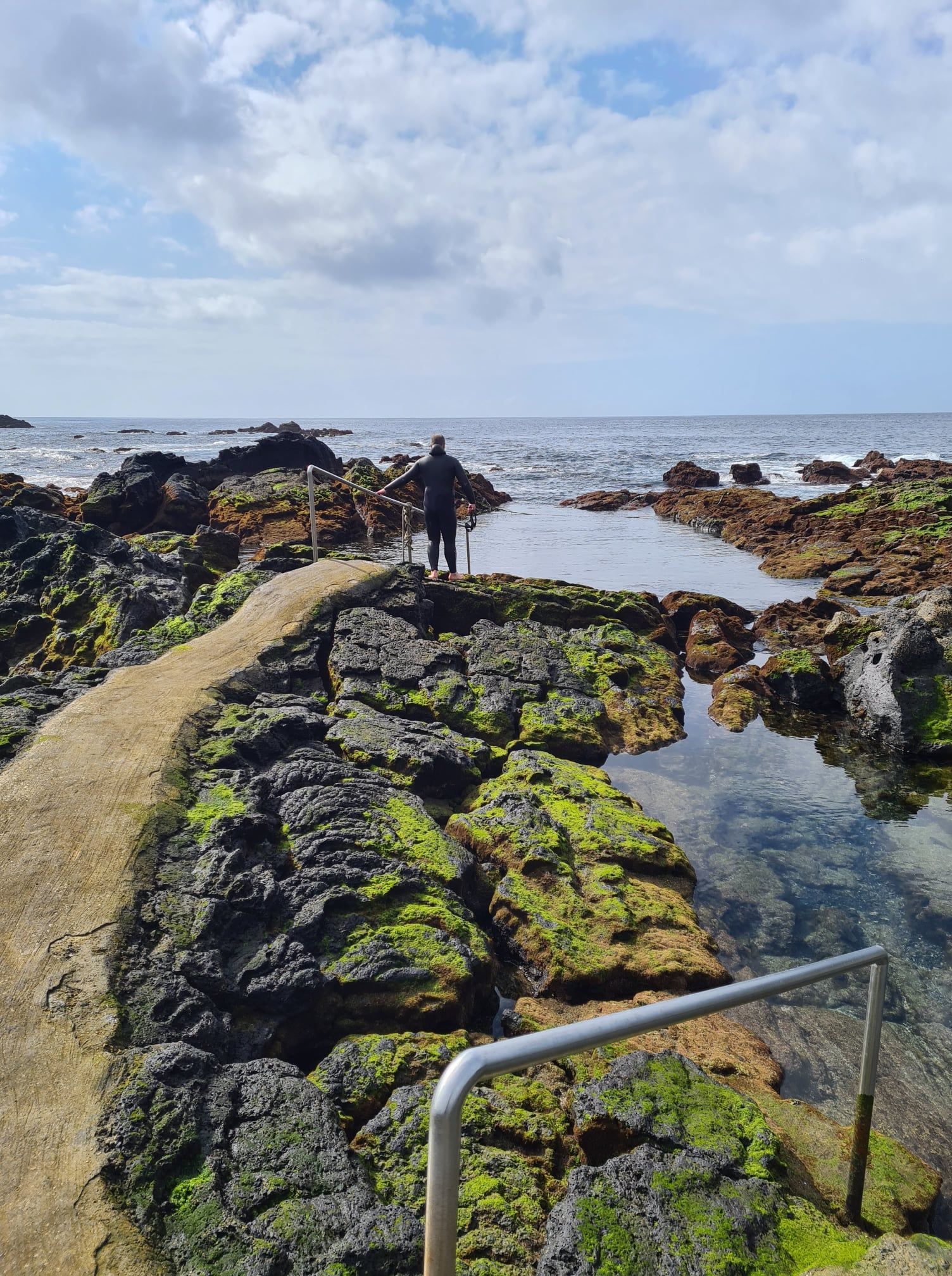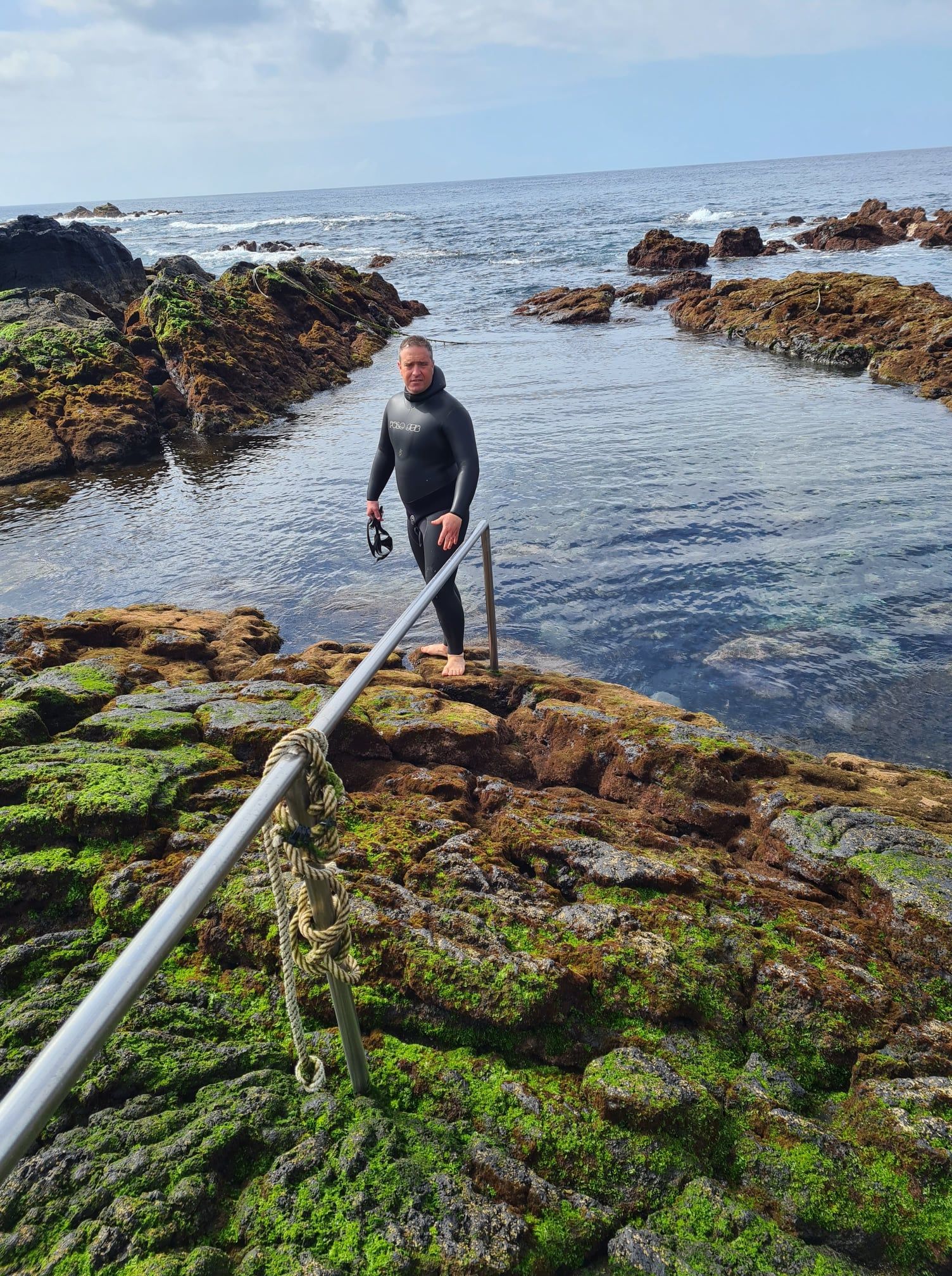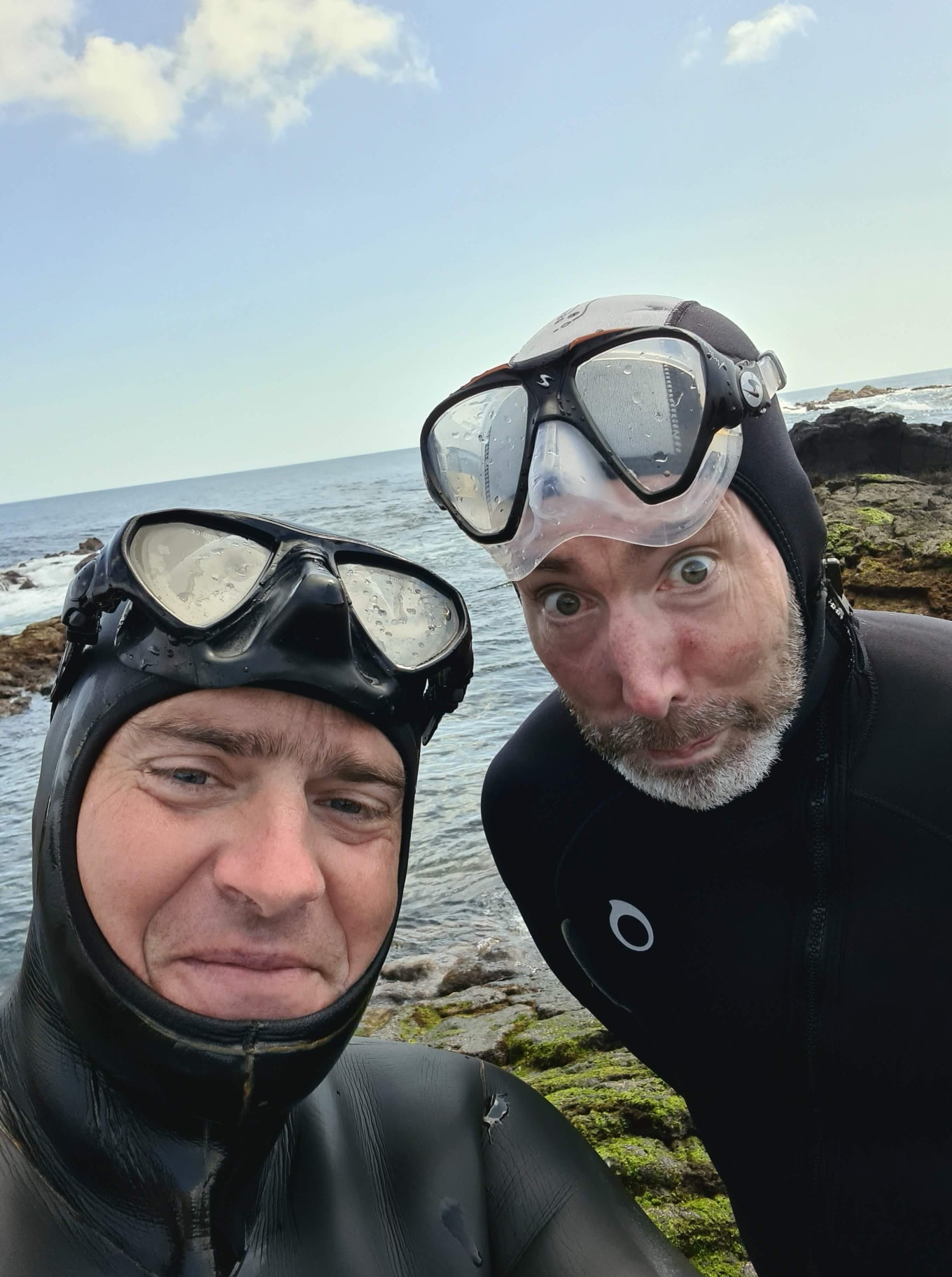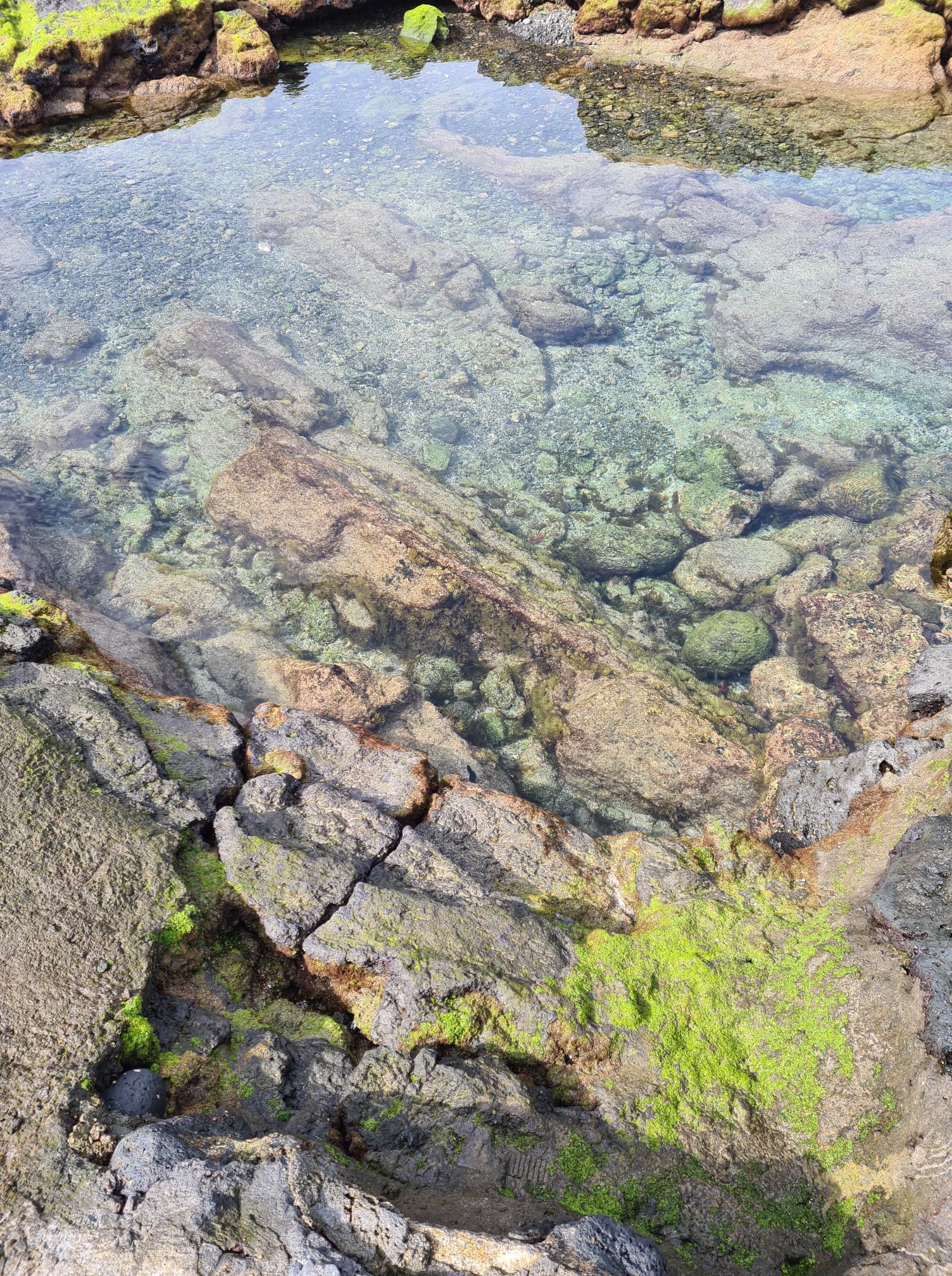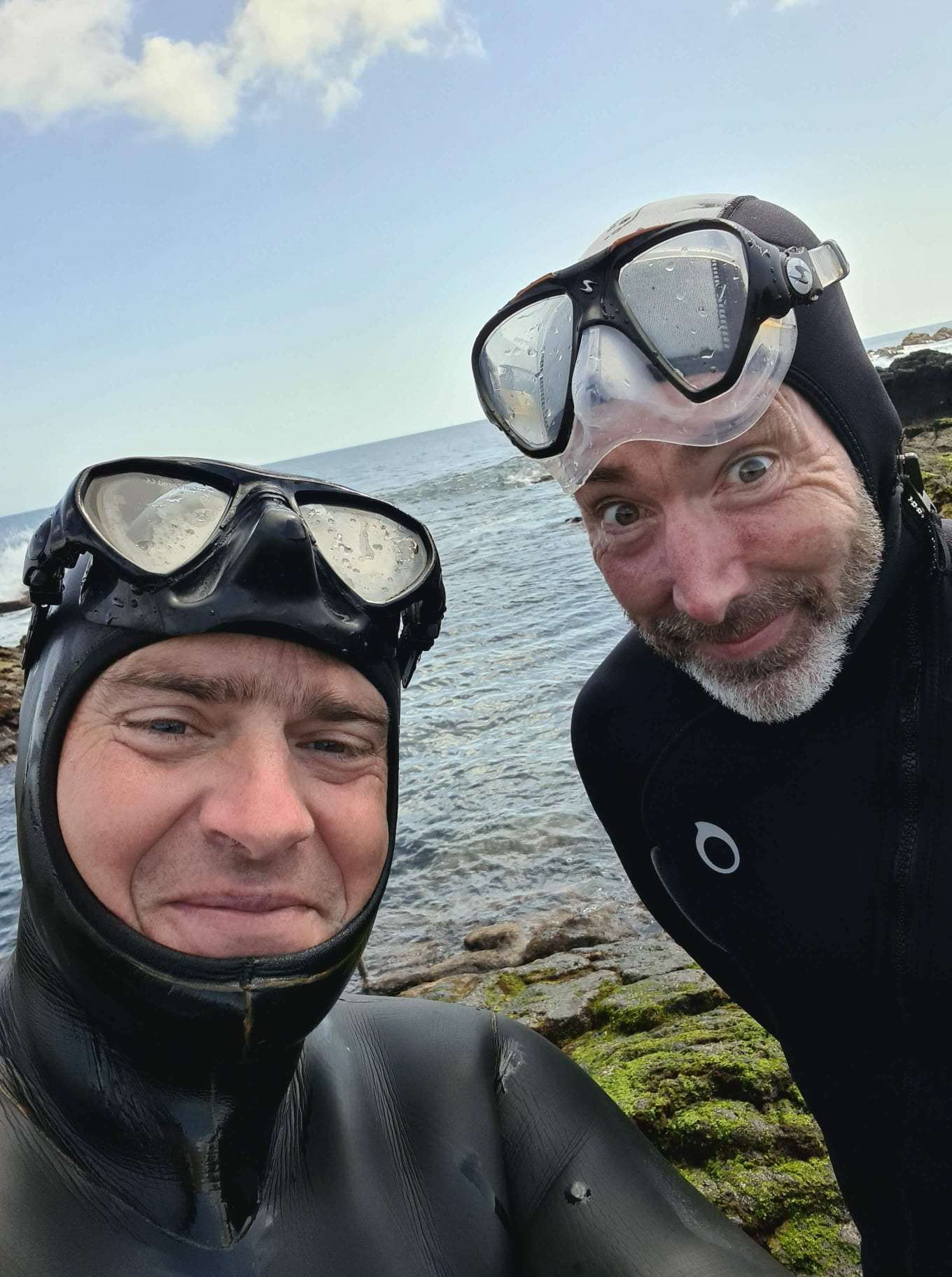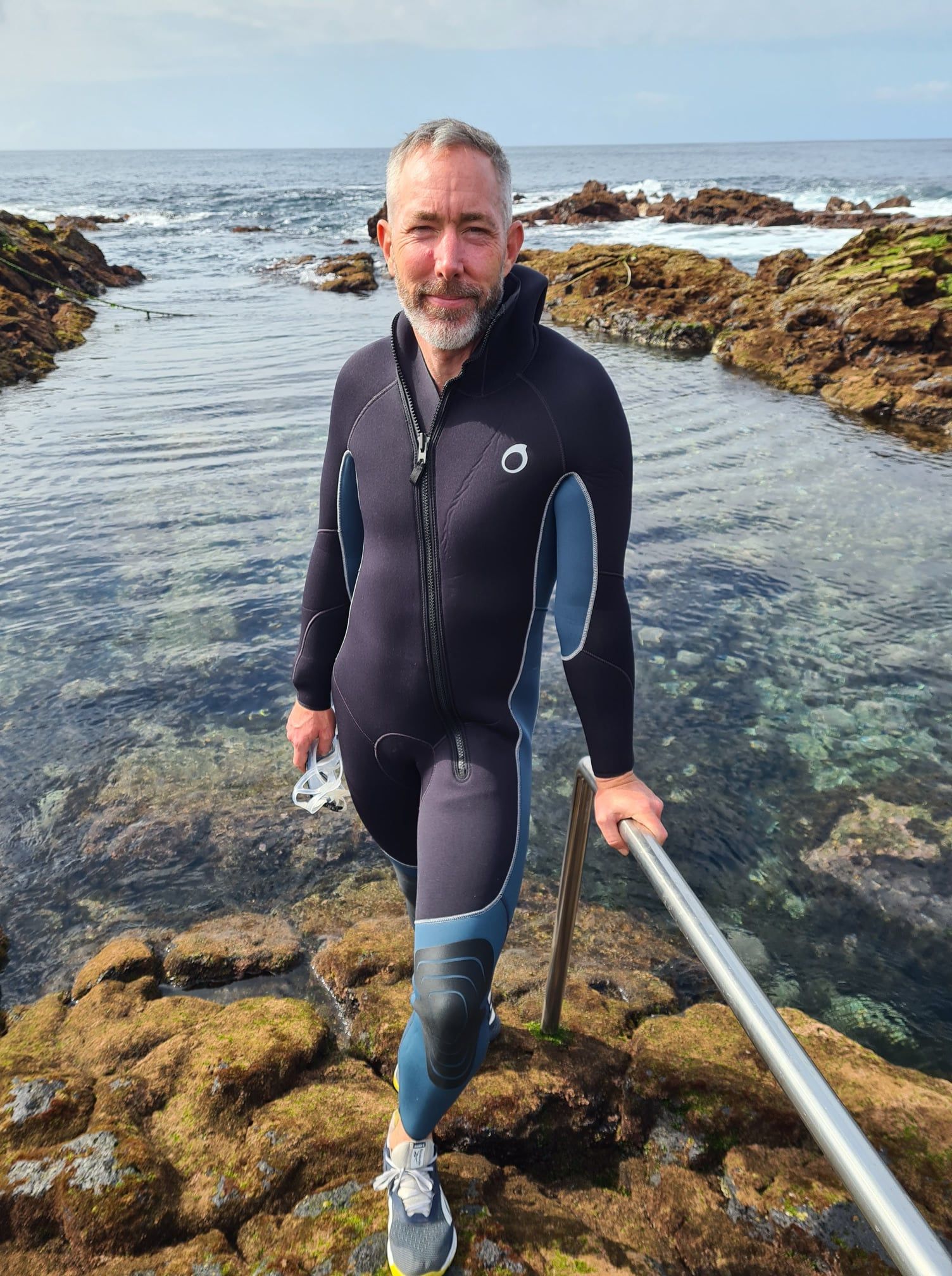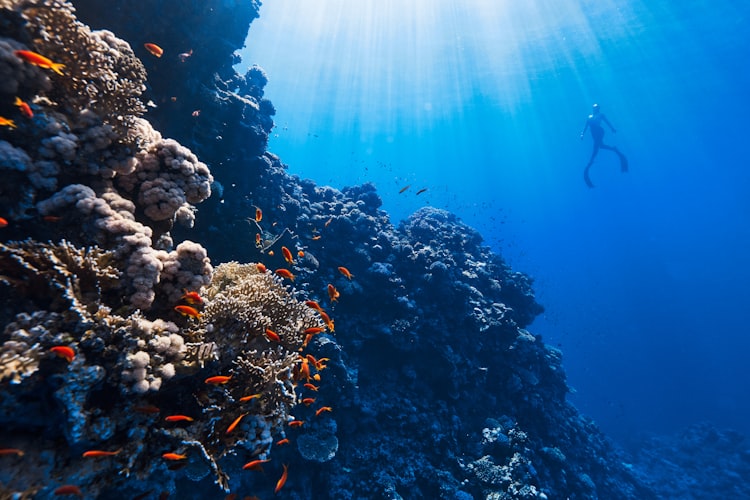Freediving or just breath-hold training - possibly the most effective mindfulness training known?
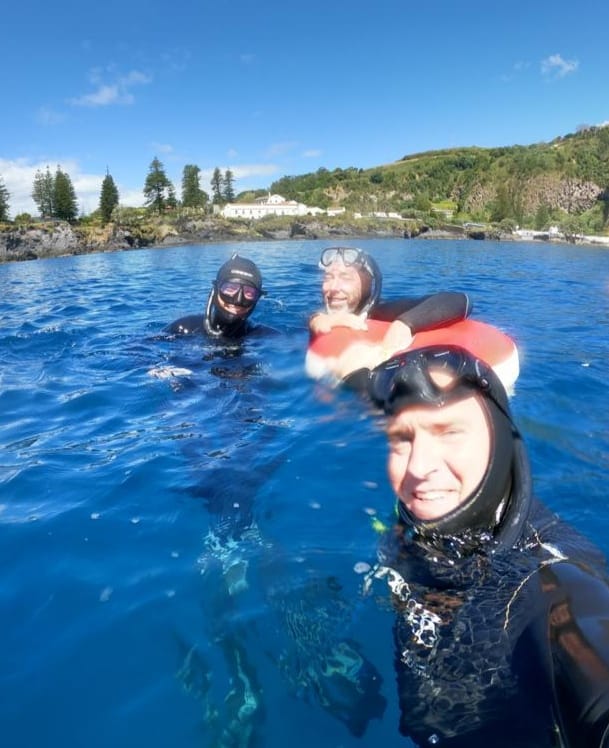
Mindfulness is a flow state?
I see mindfulness as being about accessing the flow state where:
- the default mode network is less active - the default mode network involved in rumination about self and the self's place in the world compared to others, overactivity of this network seems to cause depression, less activity seems to be very pleasant. The activity of the default mode network seems to bear a lot of similarity to the suffering that the Buddha talked about the repeated going over of things that the self wants or doesn't want, craving and aversion.
- there is more present moment awareness - awareness of what is going on around you here and now. Indeed focussing on what is going on here and now, getting engrossed in some pleasantly engaging activity such as gardening or being really focussed and in the moment when engaged in high risk, high skill extreme sport activites seem to be ways we can reduce the activity of the default mode network.
- present moment awareness seems also often to include more conscious awareness of emotions and the activity of the mind.
- Which can seem to allow more possibility to choose how to respond to emotions and instinctual drives, having more conscious control over unconscious instinctual decision processes.
- Conscious awareness of the activity of the mind can allow us more choice to redirect our attention to more productive things and away from ruminative thought processes that cause unnecessary anxiety or low mood.
Freediving Training
There are two aspects of freediving training:
- breath-hold (apnea) training out of the water, lying down on my couch. I use the excellent Android App "Stamina". By holding my breath for intervals and then breathing again I am apparently training my tolerance of lower blood oxygen levels and carbon dioxide levels. But also training my ability to relax in the face of strong urges to breathe.
- I also like to pay attention to my heart beating during apnea training. The breath-hold makes paying attention to my bodily sensations more interesting. I think paying attention to the heartbeat has a lot of benefits:
- the speed of your heartbeat is most probably the central component of all emotion. The speed of your heartbeat indicates your current level of excitement. Practising paying attention to it is practising paying attention to your feelings as reflected in your physical sensations. Improved interoceptive awareness of your heartbeat and thus improving being in touch with and more able to regulate your emotions seems to be trainable by spending periods of time simply paying attention to your heartbeat. Sarah Garfinkel who seems to have moved from Sussex Uni to work at UCL as Professor of Cognitive Neuroscience and Clinical and Affective Neuroscience Group Leader is doing some interesting research on this for instance.
- watching the heart beat to me also feels like a nice self care activity, paying some positive attention to the fragile beating of your heart, the muscle that keeps you alive that feels so delicate. It is such a wonder that it keeps beating so regularly throughout your life. Paying attention to my heart is a gratitude activity - grateful that this fragile thing is still beating and reminding me of my own mortality that I need to make the most of the time I have.
- I also like to pay attention to my heart beating during apnea training. The breath-hold makes paying attention to my bodily sensations more interesting. I think paying attention to the heartbeat has a lot of benefits:
- depth training at sea - typically we swim around 100 or 150m offshore and we practise holding our breath and following a line down we practice diving down. Every ten meters the pressure on us increases by one atmosphere (one atmosphere is equal to the pressure above water) and it is particularly felt on the nasal cavity. We must learn to equalise the pressure by blowing into our nasal cavity.
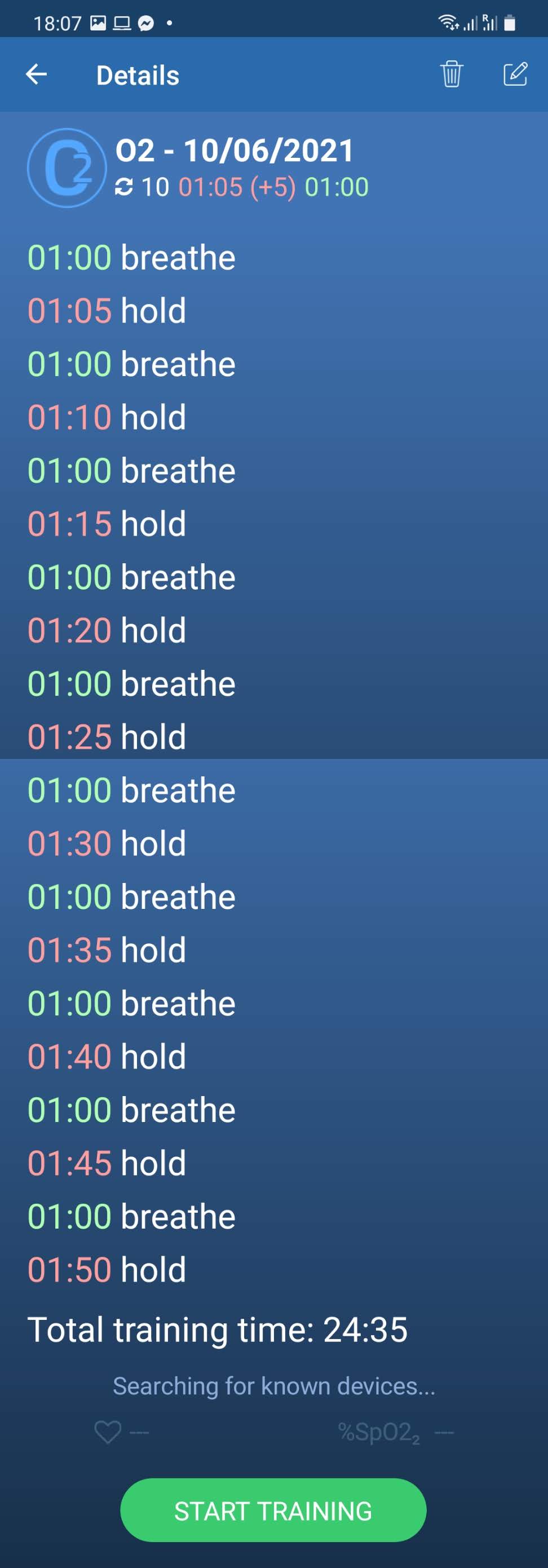
Breath-hold technique
- in order to hold your breath out of the water OR under the water you need to do two things:
- relax as much as possible to slow your heart rate and oxygen consumption
- resist the urge to breathe - I curiously watch my sensations as the buzz in my ears begins to roar and my diaphragm starts to spasm and as my mind tells me I have to breathe now, that I can't possibly hold my breath any more, I know that I'm safe and can hold my breath longer, I curiously watch as my mind tells me otherwise. (Please note you know that you are safe if following appropriate safety guidelines as established by organisations such as AIDA — The International Association for the Development of Apnea)
Why is this possibly the best mindfulness technique
Test your technique, receive feedback and try again
Unlike with other mindfulness techniques, there is a reliable metric to measure the outcome of your training - the time you are able to hold your breath. This is a powerful thing. With most meditation we have little idea if we are doing the technique correctly, there is little objective feedback, you could persuade yourself that your meditation technique is going in the right direction but any measure of progress is very subjective. With a feedback mechanism, we are able to measure our progress. Experiment, practice, see if we improve and try again.
Other reasons
This is an awesome mindfulness technique aka a technique to access a flow state because also:
- like with other extreme sports your mind becomes very focussed as it feels like you might die. Freediving in comparison to other such extreme sport activities where people get report getting into the "zone" or in other words accessing flow is probably one of the safest of such activities when practiced within the safety guidelines established by such organisations as AIDA.
- when in the sea the novel sensory environment will also tend to make you more concentrated and present in the moment
- when in the sea your eyes open wide as you are surrounded by a beautiful alien environment. Beautiful plants sway in light 'winds' in the water, strange alien creatures surround you.
- more than just seeing novel sights, you are in an alien sensory environment also, where you can also notice things like the pounding of your pulse in your ears even without holding your breath and where the light plays differently to how you are used to and strange sounds are carried by the water to your ears.
Transferrable skills?
Are the skills that you learn when free diving transferrable to other challenges in life?
- If you train to be able to resist the urge to breathe by conscious will power will that have some cross over in life when you want to choose how to respond to emotions skillfully, when you want to choose how to respond to instinctual reactions? I think it might be that you strengthen self control mechanisms that seem to be in the prefrontal cortex. And that your general self control and emotional stability will improve.
- Won't it help you get comfortable with sometimes uncomfortable situations and emotions so that you can respond effectively instead of reflexively.
- If you learn to access flow states and present time awareness when free diving will those states and awareness be more available at other times in life?
- It is empowering to train your body to achieve marvelous feats and to experience freedom under water for longer and longer times. This might inspire us to seek out this feeling of empowerment by improving ourselves in other interesting ways for example:
- improving our cardiovascular fitness such training will give emotional as well as health benefits
- improving our bodily strength and increasing our lean body mass by strength training
- perhaps we might experiment with various ways of improving our diet
Immediate Benefit
Immediately you are taking part in an awesome activity. Research shows that we should spend our resources seeking out interesting experiences that we can share with others rather than spending our resources acquiring possessions if we want to have those resources boost our happiness levels.
Another immediate benefit is that althought breath-hold training can feel challenging it seems that immediately afterwards you feel very relaxed. It would seem to have a similar effect that a good workout has for someone who enjoys working out - it relaxes you and hopefully will leave you with a feeling of quiet contentment.
